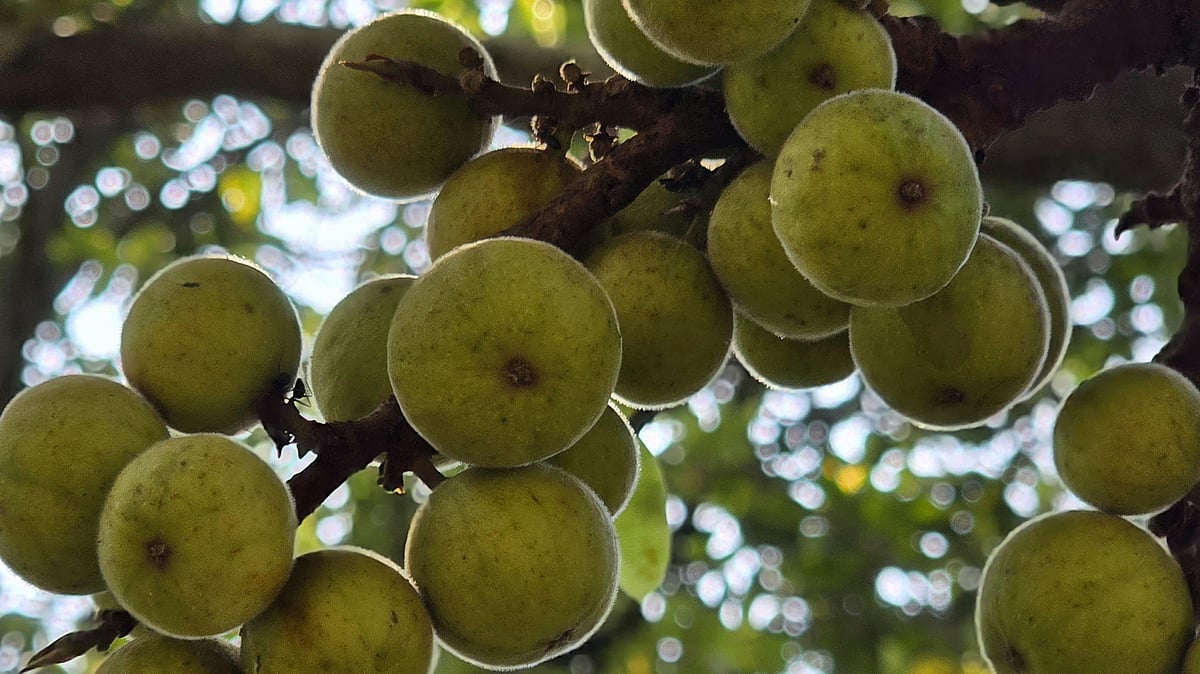Summary
Adding a pinch of sweetness to ones life is important as it makes it rich and more exciting. But introducing lumps of sweetness to ones diet beyond measured proportions could harm his/her health. A hint of sugar is alright on a daily basis but consuming it generously could disrupt the health param…
Source: Free Press Journal

AI News Q&A (Free Content)
Q1: What is allulose and how is it different from other sugars?
A1: Allulose, also known as D-psicose, is a low-calorie sweetener and an epimer of fructose. Unlike regular sugars that are metabolized into glucose, allulose is absorbed differently and does not significantly raise blood insulin levels. It has about 1/10th the calories of ordinary carbohydrates and is generally recognized as safe by the U.S. FDA, which exempts it from being listed as total or added sugars on nutrition labels.
Q2: What recent research has been conducted on the health impacts of allulose?
A2: A 2025 study examined the impact of allulose on oral microbiota and biofilm formation. The study found that allulose supports reduced bacterial growth and acid production compared to sucrose, glucose, and fructose. It promotes microbial diversity and is less cariogenic, suggesting it could be a healthier sugar alternative for oral health.
Q3: How does allulose impact weight management and fat burning?
A3: Allulose is often marketed for its potential to aid weight management. It does not significantly raise blood insulin or glucose levels, which can help in controlling appetite and potentially aid in weight loss. However, more research is needed to fully understand its effect on fat metabolism.
Q4: What are the regulatory stances on allulose regarding its use in food products?
A4: The U.S. Food and Drug Administration (FDA) has recognized allulose as generally safe for use in food products. It allows manufacturers to list it as a carbohydrate but not as a sugar on nutrition labels, reflecting its unique metabolic properties.
Q5: What are the potential side effects of consuming allulose?
A5: While allulose is generally considered safe, excessive consumption, particularly over 33 to 36 grams per day, might lead to digestive issues such as bloating or diarrhea. Therefore, consumers are advised to monitor their intake.
Q6: What potential does allulose have as a sugar substitute in managing oral health?
A6: Due to its lower cariogenic potential, allulose is promising for oral health. It supports lower bacterial virulence and minimal biofilm formation compared to common sugars, making it a potentially beneficial sugar substitute for reducing the risk of dental caries.
Q7: How does allulose compare with other artificial sweeteners in terms of safety and health benefits?
A7: Allulose is similar to other low-calorie sweeteners like erythritol and xylitol but differs in that it closely mimics sugar's taste profile without the same caloric impact. It is considered a safer alternative by many health professionals due to its minimal impact on blood glucose and insulin levels.
References:
- D-Psicose (Allulose) - Wikipedia
- Unveiling the impact of allulose on oral microbiota and biofilm formation via a cariogenic potential assessment platform.
- The Digital Transformation in Health: How AI Can Improve the Performance of Health Systems.
- FADL: Federated-Autonomous Deep Learning for Distributed Electronic Health Record.






